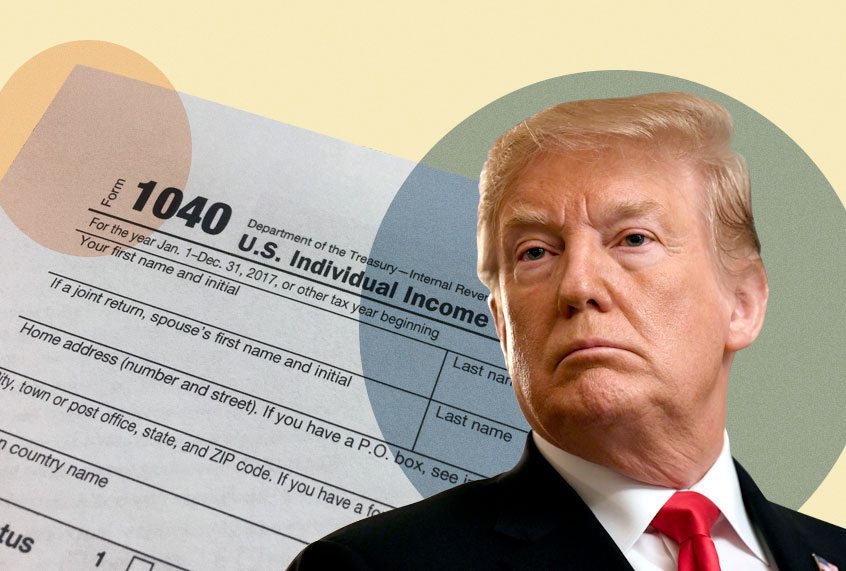Martin Sheil, a supervisory special agent in the IRS Criminal Investigation Division, has written an editorial for Just Security in which he argues that Congressional Democrats’ subpoena of President Donald Trump’s accounting firm represents an “existential threat” to his presidency.
Sheil says that subpoenas of accounting firm Mazars USA, which were leveled by House Oversight Committee Chairman Elijah Cummings (D-MD), have the potential to be the “most troublesome” for Trump’s legal team.
In particular, Sheil believes that the information requested via the Mazars subpoenas would not be subject to the same restrictions that the information contained within Trump’s tax returns furnished by the IRS would face.
“The IRS does require tax preparers to obtain the client’s permission to release tax returns,” he writes. “However, should Mazars be in possession of 10 years worth of Trump business and personal tax returns, there is nothing in the law to prevent their ultimate disclosure to the public when Congress subpoenas them. A congressional ‘friendly’ subpoena requested by Mazars effectively shields them from the normal disclosure constraints of tax preparers.”
Sheil ultimately thinks that the Mazars subpoenas could give us more insight into how Trump has regularly lied about his wealth, such as when he allegedly tried to inflate his net worth when trying to buy the Buffalo Bills football franchise.
“These communications could provide a window into what Trump was thinking when he directed the accountant’s preparation of allegedly false balance sheets submitted to Deutsche Bank, as he attempted to obtain financing to buy the Buffalo Bills NFL franchise,” he writes. “Variance from the first draft of the financial statements to the final version submitted to the bank would be subject to question. And any notes explaining the variance would be material to an investigation.”

